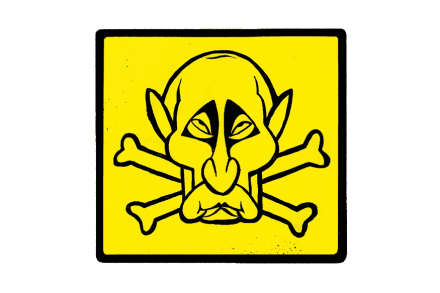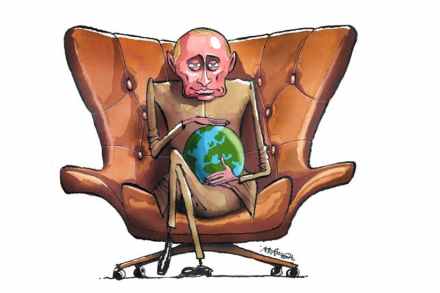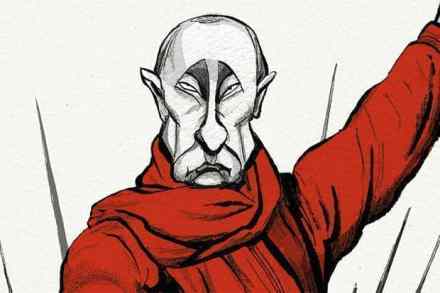Putin’s next move
Budapest Russian troops, many apparently without insignia, began advancing into the disputed Donbas region yesterday. The question now is how much further they will go. The Donbas rebels claim an area three times the size of the territory they currently hold, which is roughly equivalent to the area of Devon. If Moscow were to try to take control of the larger territory, it would mean overrunning the Ukrainian frontlines. It is unlikely that Kiev’s military can mount a serious defence if the Kremlin orders a full-scale attack. The call to advance came in the form of a belligerent speech by Putin to the Russian people. In it, he strongly suggested





















